Space Application Security Engineer (SASE)™
Learn about SASE program
- Length: 2 days
- Instructor led
- Online, onsite and Live online
Space Application Security Engineer (SASE)™
This comprehensive certification course, developed in collaboration with Tonex and IS4, equips professionals with the knowledge and skills needed to secure space applications. Participants will gain a deep understanding of space system vulnerabilities, threat landscapes, and cutting-edge security measures to safeguard critical space assets.
This comprehensive certification equips participants with the essential skills and knowledge required to ensure the security of space applications. Delve into space system vulnerabilities, risk assessment methodologies, and advanced cryptographic techniques tailored for the unique challenges of space environments. Explore secure coding practices, incident response strategies, and satellite communication network security.
With a focus on hands-on experiences and practical applications, the SASE™ Certification is ideal for engineers, system architects, and IT specialists involved in the design, development, and maintenance of space systems. Elevate your expertise in securing critical space infrastructure and stay ahead in addressing the evolving threats within the dynamic space domain. Enroll now to become a certified Space Application Security Engineer and make a significant impact in safeguarding space assets.
Learning Objectives:
- Understand the unique security challenges posed by space applications.
- Master space system vulnerabilities and risk mitigation strategies.
- Gain expertise in secure coding practices for space-based software.
- Explore advanced cryptographic techniques tailored for space environments.
- Learn incident response and recovery strategies specific to space applications.
- Acquire hands-on experience in assessing and securing satellite communication networks.
Audience: This certification is designed for professionals in the aerospace and cybersecurity fields, including engineers, system architects, and IT specialists, seeking specialized knowledge in space application security. It is ideal for those involved in designing, developing, or maintaining space systems.
Course Outline:
Module 1: Introduction to Space Application Security
- Overview of space system architecture
- Importance of security in space applications
- Historical perspectives on space system vulnerabilities
- Legal and ethical considerations in space security
- Key stakeholders in the space security ecosystem
- Emerging trends in space application security
Module 2: Space System Vulnerabilities and Risk Assessment
- Identification of potential threats to space applications
- Common vulnerabilities in space systems
- Risk assessment methodologies for space systems
- Security implications of system interconnectivity
- Threat modeling for space applications
- Security standards and compliance in the aerospace industry
Module 3: Secure Coding Practices for Space Applications
- Best practices in writing secure code for space-based software
- Code review techniques and tools specific to space environments
- Secure coding frameworks for space applications
- Common coding mistakes and their impact on space system security
- Implementing secure coding standards in space development
- Code deployment strategies for space-based missions
Module 4: Advanced Cryptographic Techniques for Space Environments
- Cryptographic protocols tailored for space communication
- Quantum-resistant cryptographic algorithms for space systems
- Secure key management systems in space applications
- Authentication and authorization mechanisms in space environments
- Cryptographic agility in space systems
- Implementing secure communication channels for space missions
Module 5: Incident Response and Recovery in Space Applications
- Developing incident response plans for space systems
- Simulation exercises for space-related security incidents
- Post-incident analysis and lessons learned
- Coordinating incident response efforts in the aerospace sector
- Crisis communication strategies for space incidents
- Continuous improvement in space application security based on incident feedback
Module 6: Satellite Communication Network Security
- Understanding the unique challenges of securing satellite communication
- Secure satellite communication protocols
- Network segmentation and isolation in satellite systems
- Threats and vulnerabilities in satellite communication networks
- Encryption techniques for satellite communication
- Monitoring and auditing strategies for satellite network security
Preparation for SASE™ Certification:
- SASE™ Certification Requirements
- Key SASE™ Concepts
- Study Materials and Resources
- Practice Exams and Mock Tests
- Tips for Success in SASE™ Certification
- Post-Certification Career Paths
Exam Domains:
Fundamentals of Space Systems Security
- Understanding space system architecture
- Threat modeling for space applications
- Security considerations for satellite communication
Secure Software Development for Space Applications
- Secure coding practices for space software
- Testing methodologies for space applications
- Software vulnerabilities specific to space environments
Spacecraft Hardware Security
- Hardware security considerations for satellites and spacecraft
- Secure hardware design principles
- Mitigating hardware-level attacks in space systems
Network Security for Space Missions
- Secure communication protocols for space missions
- Network segmentation and isolation in space networks
- Intrusion detection and prevention for space-based networks
Secure Data Handling in Space Environments
- Data encryption techniques for space missions
- Data integrity and confidentiality in space applications
- Secure data storage and transmission in space systems
Question Types:
Multiple Choice Questions (MCQs):
- These can test theoretical knowledge and understanding of concepts.
Scenario-based Questions:
- Presenting real-world scenarios related to space application security and asking the candidate to analyze, identify, or propose solutions.
Practical Exercises:
- Hands-on tasks or simulations where candidates demonstrate their ability to implement security measures in space applications.
Passing Criteria:
- Minimum Passing Score: 70%
- Candidates must demonstrate proficiency across all exam domains.
- A combination of theoretical knowledge, practical application, and problem-solving skills will be assessed.
- Candidates may need to pass both written and practical components of the exam to qualify.
This structure ensures that candidates have a comprehensive understanding of space application security principles and are capable of applying them effectively in real-world scenarios.
Need help? Contact us
